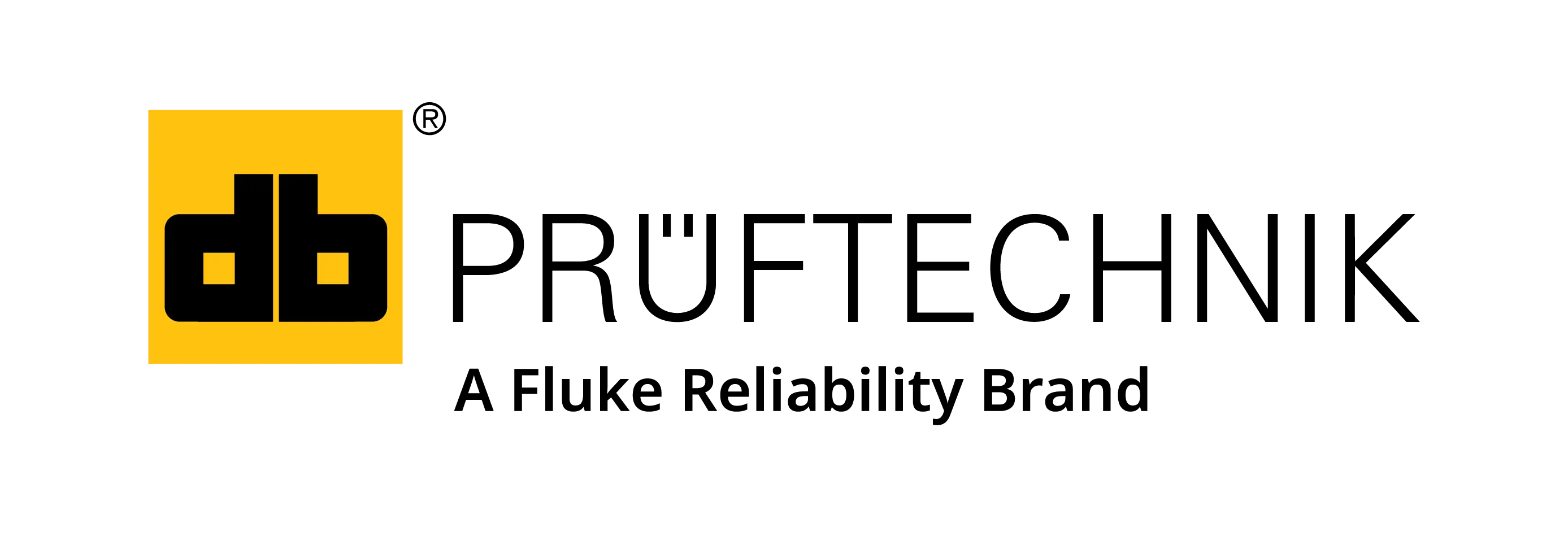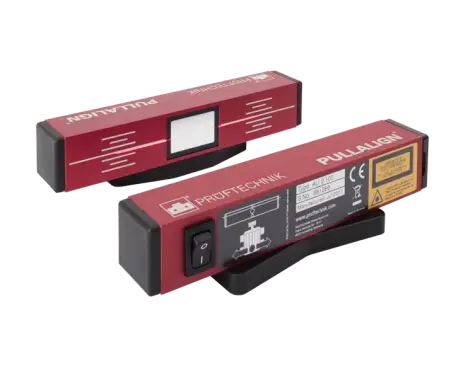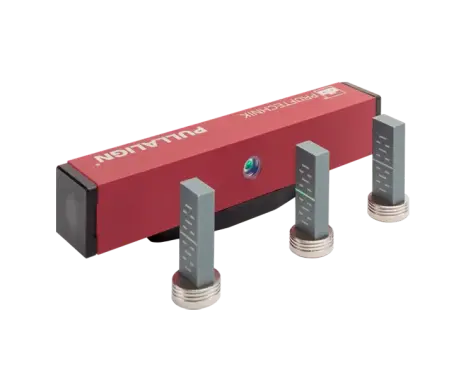Laser Belt Alignment Tools - Belt & Pulley Alignment
Pruftechnik PULLALIGN belt alignment tools empower you to perform quick, high-precision laser alignment, preventing breakdowns and maximizing machine lifespan. Correcting belt pulley alignment significantly extends machinery service life and lowers power consumption by decreasing wear and improving efficiency. While you can identify misalignment visually or with a straight edge, using a pulley alignment laser tool makes finding angular, vertical, and horizontal misalignment much faster and easier. Our laser belt alignment tools and pulley alignment tools are easy to use and can pay for themselves within only a couple of months.
Frequently Asked Questions
Belt misalignment of the driving and driven pulleys is by far the most common and damaging installation error that occurs on belt. Belt misalignment is not usually due to carelessness on the part of the installer. Belt alignment problems are more often due to a lack of suitable tools with which to carry out the required alignment.
For many years, at best, a tight wire or straight edge were the only belt alignment tools available. Both methods rely entirely on the installer’s eyesight to ensure that the belt alignment is correct. Neither method has any measurements documented. Both rely upon the installer adjusting the driven pulley until the faces or grooves of the driven pulley touch the surface of the straight edge or tight wire. The driven pulley is then rotated half a turn and then rechecked and adjusted. The measurement is then repeated until the pulleys appear to be in line. No angularity or inaccurate mounting of the reference line is measurable. The system is purely an estimate of the alignment of the two pulleys.

 PRUFTECHNIK S.E.A. Pte Ltd.
PRUFTECHNIK S.E.A. Pte Ltd. 


